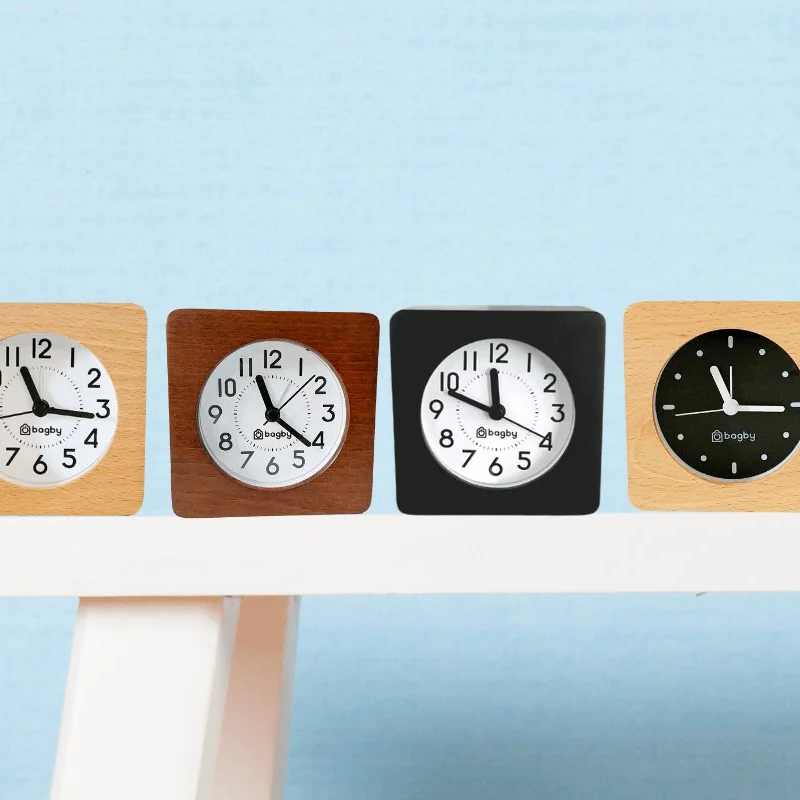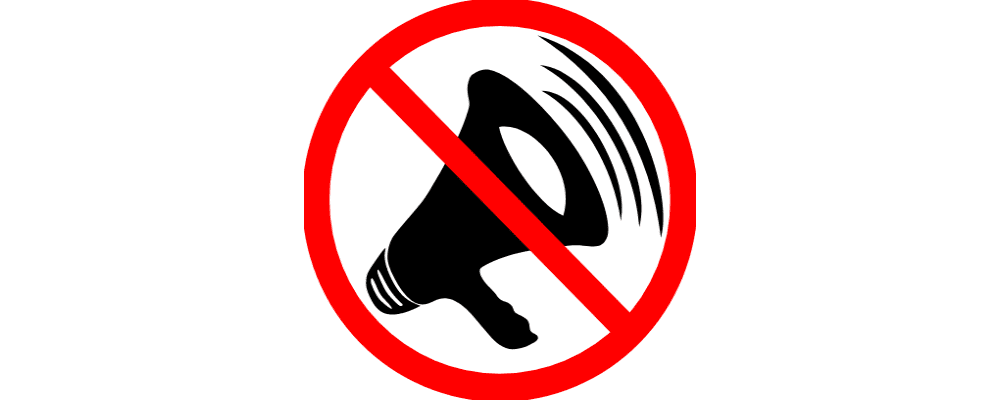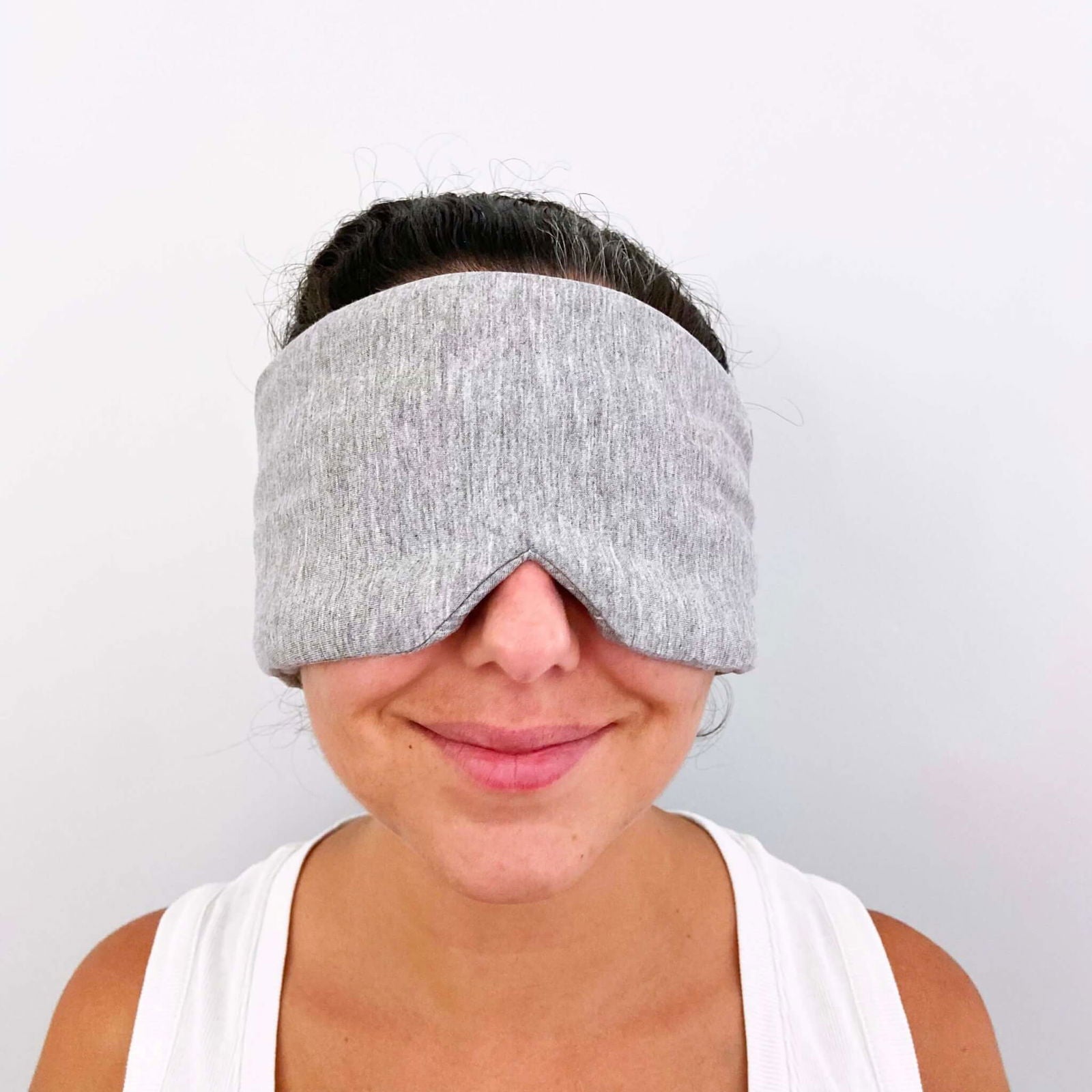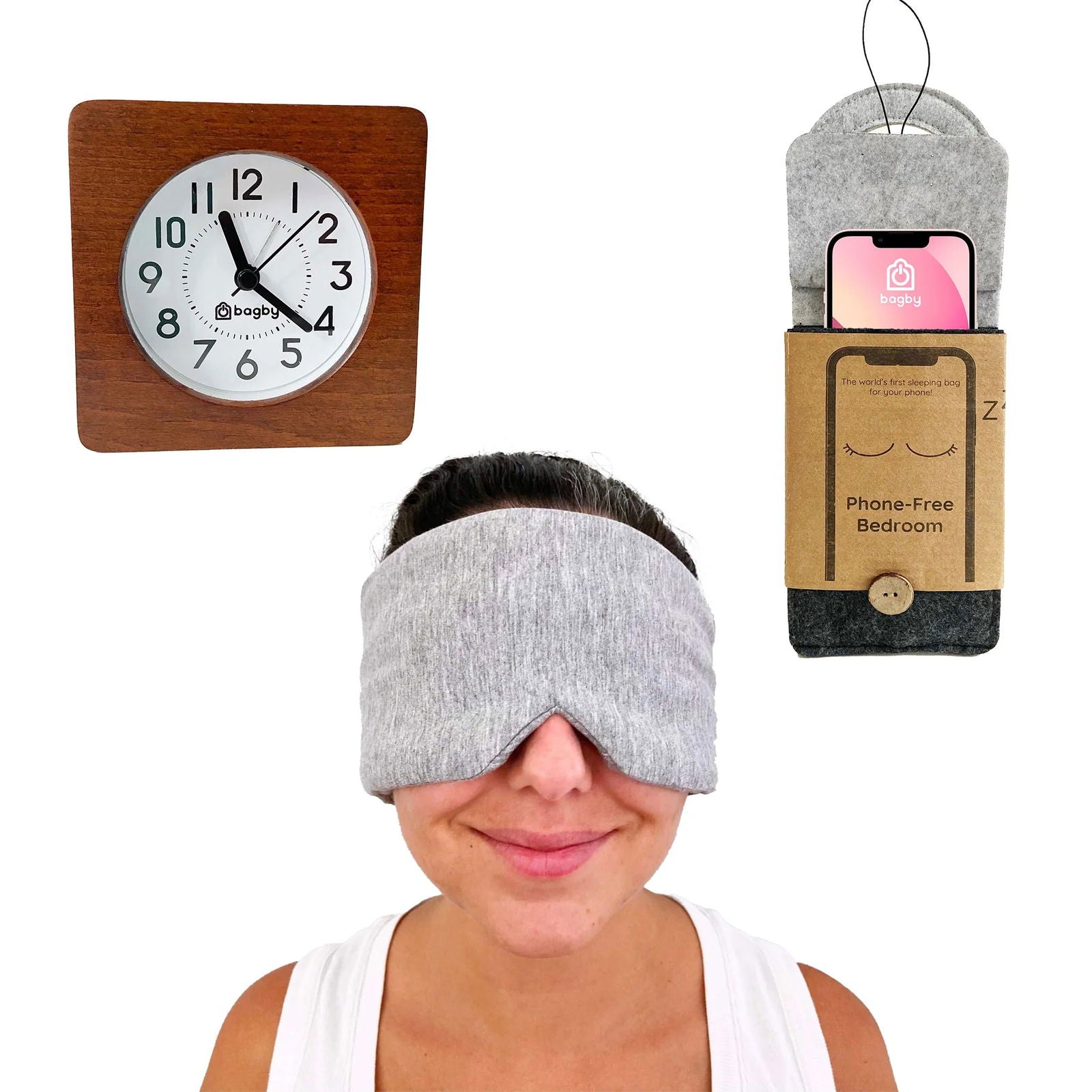Since the year 1975, obesity has nearly tripled worldwide, say statistics. In the United States alone, 36.2%, which translates to roughly 120 million people suffer from this condition. So, how did we get here? Of course, unhealthy lifestyles, highly processed foods, increasing stress levels, and genetics are huge factors. But technology is also something that experts predict to be one of the leading causes of an enormous increase in obesity numbers worldwide.
Analysis of Bodyweight
Human body weight comprises four elements: muscle, bone, water, and fat. And aside from bone density, all other elements vary based on your body’s condition. And these elements need to be in a perfect balance nearly all the time for you to feel and be healthy.
For example, not consuming enough water will cause your body to reserve fluids as compensation. And when that reserve goes below what your body needs to function, you begin suffering problems like dehydration.
Similarly, having less muscles means you’ll experience much greater weakness and lesser mobility.
But if you have these two in a slightly larger quantity than what you need, it won’t harm you. Say you consume more water than your body requires to function; you’ll simply release the excess water through urination.
And for muscles, well, gaining more muscles is actually really good for you.
The problem arises when your body reserves fat in amounts much more than you need to stay alive and function well. This is what causes people to become overweight and obese.
What is Obesity?
Obesity is a medical condition in which an individual’s bodyfat reserve is a lot higher than what they need to be for normal functioning. Here’s a chart showing your fitness level based on the fat content of your body weight.
| FEMALE | |
| BF% (Body Fat Percentage) | Fitness Level |
| 10-12 | Essential Body Fat (For Survival) |
| 14-20 | Athletic |
| 21-24 | Fit |
| 25-31 | Acceptable (Possibly Overweight) |
| 32+ | Obese |
| MALE | |
| BF% (Body Fat Percentage) | Fitness Level |
| 2-4 | Essential Body Fat (For Survival) |
| 6-13 | Athletic |
| 14-17 | Fit |
| 18-25 | Acceptable (Possibly Overweight) |
| 25+ | Obese |
When an individual is obese, they become vulnerable to problems like diabetes, cardiovascular diseases, high blood pressure, and even certain types of cancers. Today, 19% of the world’s population is obese, which means hundreds of millions of people are either already suffering or at risk of developing these issues.
And research says that the growth in technology plays a huge role in fueling this problem.
How?
Well, in more ways than you might think!
Tech-Induced Sedentary Lifestyle
While the advancement in technology has given us a ton of new things, it has also significantly impacted our lives in both physical and psychological ways.
Today, tech encourages us to have a sedentary lifestyle by providing everything at our fingertips. And truthfully, the intention wasn’t bad at all. The tech we know today was primarily designed to save us time, leaving us enough wiggle room to enjoy other things.
But somehow, the reality is entirely different today.
And that may not even be all people’s fault. Modern technology is designed to keep you hooked on your gadgets and the services you use on them. That’s because the more time you spend on them, the more profit tech companies make. It’s as simple as that.
Evolution has designed our bodies for daily high-intensity physical activities. And when we sit all day binging media content, playing games, scrolling social media feed, and even working, it takes a serious toll on our physical health, causing problems like obesity.

In other words, tech makes you exercise less.
But making us sit for a long time isn’t the only way tech is causing the obesity numbers to rise.
Screens While Eating
It’s not just a bad dining etiquette to be on screens while eating; scientists warn that distracted eating can cause you to eat a lot more than what your body requires, resulting in problems like obesity.
A recent survey found that 88% of American adults are “zombie eaters.”
Zombie eaters are people who are habituated to staring at screens while eating.

See, what happens is when you’re distracted while eating, it interrupts the communication between your brain and your stomach.
This causes you to eat significantly more than what your body needs. That’s because enough food consumption is a mere fragment of what makes you feel full. It’s the communication between your brain and your GI tract that decides you’ve eaten enough.
When screens interrupt this communication, you’ll not feel full even after eating a healthy amount. And that increases your caloric intake, which in turn causes your body to gain unhealthy weight.
In other words, tech makes you eat more!
Blue Light
Blue light is one of the very few visible electromagnetic fields in the electromagnetic spectrum. You get exposed to blue light in two ways—naturally and artificially.
Natural blue light comes from the sun, and exposure to it is really important for your circadian rhythm. This exposure causes your body to switch activity mode on, which means you won’t feel drowsy, and you’ll have the energy you need to go through the day.
When the sun goes down in the evening, your body starts adjusting to the natural environment, making you feel tired and preparing you for a restful night of sleep.
So, natural blue light is not a problem at all—artificial blue light is. It comes from sources like:
- Smartphones and tablets
- Computers and laptops
- Fluorescent and LED light bulbs
- LED televisions
- E-readers
- Handheld gaming systems and more
Since we don’t stop using these devices after sundown, it hampers our brain’s ability to switch between active and resting mode. And as a consequence, your body will start producing less melatonin, which in turn inhibits your sleep.
When we don’t get enough quality sleep every night, we:
- Make poorer food choices since lack of sleep harms our decision-making capacity.
- Have less energy, so we move less and eat more to compensate.
- And finally, become more stressed, leading us to eat more and exercise less
So, exposure to blue light from our tech causes us to eat more and burn fewer calories.
But! It doesn’t end there.
When our body produces less melatonin, there are other changes to our bodily functions that impact our weight. Have a look.
Increased Ghrelin and Decreased Leptin Production
Ghrelin, also known as the appetite increaser, is a hormone that your endocrine system releases in your stomach to let your brain know that you’re hungry. As soon as you eat some food, the ghrelin level goes down.
On the other hand, leptin is the appetite suppressor. When you have enough energy levels in your body, the endocrine system increases the leptin levels signaling your brain that you don’t need any more food.
Lack of sleep increases the ghrelin levels and decreases the leptin levels in your body which causes you to eat significantly more, to a point where your body stores so much fat that you become obese.
And interestingly enough, individuals suffering from obesity don’t respond to leptin even if the levels are high. This causes obese people to keep eating even though their body doesn’t require them to eat as much.
In other words, exposure to blue light from our tech, makes us hungrier– AND less satisfied from the food we eat–– both of which cause us to eat more and gain more weight!
This makes it even harder for them to lose weight and reach a healthier level.
Mental Health Problems
Tech-overuse is also linked with several mental health problems like anxiety, depression, and chronic stress.
A 2019 research study from the University of Arizona found that the more you spend time on your smartphone, the higher your risk is of developing problems like depression and loneliness. See, I agree with the fact that, our gadgets and social media services have made the world much smaller and more connected. But, at the same time, it’s also taken a ton of things from us.
Today, not many people like doing things like exploring nature, having real-life interactions, and performing physical activities.

So, naturally, there ought to be consequences if we’re going against evolution to this extent. And this is the very reason why tech-induced mental health problems are prevailing in the modern world.
When an individual suffers from problems like chronic stress, anxiety, and depression, most of the time, they use unhealthy food as a way to cope. This, in turn, can cause a significant weight gain, resulting in problems like obesity.
What Can You Do?
Tech-induced obesity is real and also luckily avoidable. You just need to make some serious changes in your life. But, in case you’re already suffering from obesity, I strongly recommend giving your doctor a visit, aside from following the tips below.
With that said, here are some of the things you can do, starting today, to prevent tech-induced obesity.
Don’t Eat with Screens
Food and screens, although enjoyable, do not mix. As I already mentioned above, using screens while consuming your food will increase your intake by a huge chunk.
So, starting today, stop bringing your phone to your dinner table or taking your food to the TV room.
If you want to learn more about the impact of staring at screens while eating, I have written a separate post that goes in-depth on this topic. So, give it a read.
Practice Blue Light Hygiene
Blue light exposure is both unavoidable and necessary. But you need to limit your exposure to the bare minimum, so your body can naturally adjust your circadian rhythm. And here’s how you can do that.
Blue Light Glasses
Blue light glasses are an extremely effective tool that you can add to your collection. These glasses have a blue light protection film that protects your eyes from blue light. And in most cases, these glasses are also treated to prevent glare from screens, which reduces strain on your eyes.
If you work on computers for a long time or use any gadget with an LED screen, these glasses are a must-have for you.
Reduce Blue Light Exposure Before Bed
Reducing blue light exposure before bed is really important, as doing this will help your body adjust to the natural light and tune in your circadian rhythm. Experts say that you should be blue light-free at least 2 hours before bed.
You can do this by dimming all the lights in your home in the evening. But I can also understand that this may not be an optimal solution for everyone. In that case, I recommend dimming the lights in your bedroom at least.
Better yet, get a red light for your bedroom. Researchers say that red light simulates evening time, which helps your body relax and prepare for sleep.
Practice Digital Detox
Digital detox is a proven method to mitigate tech addiction. And even if you don’t feel that you’re not addicted to your gadgets, you can still benefit from it. That’s because when you go tech-free for a while, it gives you the wiggle room to do other things like spending time with your loved ones, pursuing hobbies, doing physical activities, and so on. And that’s really good for your physical and mental health.
Visit episode 2, season 2 of “The Healthier Tech Podcast,” where entrepreneur Yannick Francisco-Smits talks about the changes digital detox has made in his life and how you can start with it.
Exercise & Nutrition
So far, we talked about how you can prevent the risk of obesity by building a healthier relationship with modern technology. But, the physical side of obesity prevention is also equally important.
And by physical side, I mean following a proper exercise regime and nutrition.
The World Health Organization (WHO) recommends 150 minutes of moderate-intensity exercise per week for all adults. That means working out 30 mins a day, for five days a week. And that’s the bare minimum. You can’t skip these 150 mins if you want to keep your fitness on a level where problems like obesity, cardiovascular diseases, diabetes, and high blood pressure don’t normally occur. However, you can also take it up a notch and work on building a fit body. That has its own advantages.
Also, it doesn’t have to be gym-related workouts if you don’t like them. You can do any activity, like jogging, running, cycling, swimming, martial arts, hiking. The goal is to simply use your muscles and burn enough calories so your body can’t accumulate fat to a point where you develop obesity.
And besides exercising, following proper nutrition is also extremely crucial. A nutritious diet includes the right volume of macros (protein, carbs, and fat) and micros (vitamins and minerals) your body needs. A simple visit to the nutritionist’s office will get you a proper ‘what and how’ of nutrition.
Final Thoughts
We all know that sitting at our computers decreases our exercise, and thus causes us to gain wait.
But as you can see from this post, tech influences our body weight in so many other ways that we might not think about.
- Eating with our screens nearby induces zombie eating, causing us to digest more calories.
- The blue light disrupts our sleep, causing us to eat worse and exercise less.
- The decrease in melatonin increases ghrelin, making us hungrier– leading us to eat more.
- The decrease in melatonin suppresses leptin, making us less satisfied– leading us to eat more.
Obesity, although is a serious condition, it can in many instances be an easy problem to treat. You just need to take care of yourself physically as well as mentally. And even if you aren’t suffering from obesity, taking care of yourself has only upsides.
So, be sure to follow the tips given above. And much more importantly, don’t forget to get proper 7-9 hours of sleep. Lack of sleep is dangerous if you let it go that way for a long time.
Although, if you’re suffering from tech-induced insomnia, I have a separate post that may help you alleviate this problem. So, give it a read.


















